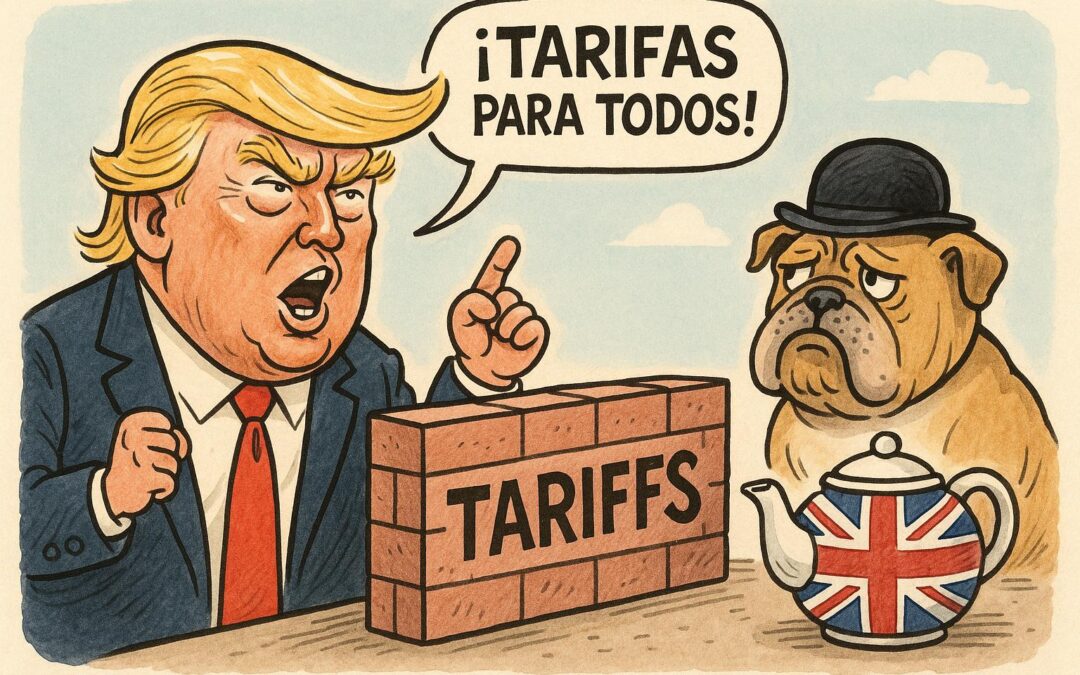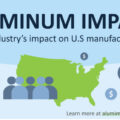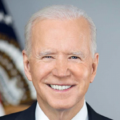The United Kingdom and the United States have signed a trade agreement described as “historic”, which ends the 25% tariffs that Washington imposed on British steel and aluminum. This decision represents a key relief for both sectors, heavily affected by the protectionist measures introduced by the Trump administration. In exchange, London eliminates its tariffs on American ethanol and grants market access for beef.
The tariffs on steel and aluminum, imposed during Trump’s so-called “shock therapy”, were part of a strategy to force new agreements that would favor the United States. Although they were initially presented as permanent measures, it is now revealed that they sought to rebalance trade through pressure.
The deal also includes a reduction in tariffs for most British cars exported to the U.S., which drops from 27.5% to 10% for the first 100,000 vehicles. However, the lifting of restrictions on steel and aluminum is the most significant component for the British industry, which had suffered a strong impact from the imposition of those levies.
During a televised conversation with British Prime Minister Keir Starmer, President Trump celebrated the agreement as a new chapter in the historic alliance between both nations, highlighting its symbolism on the anniversary of Victory in Europe Day.














